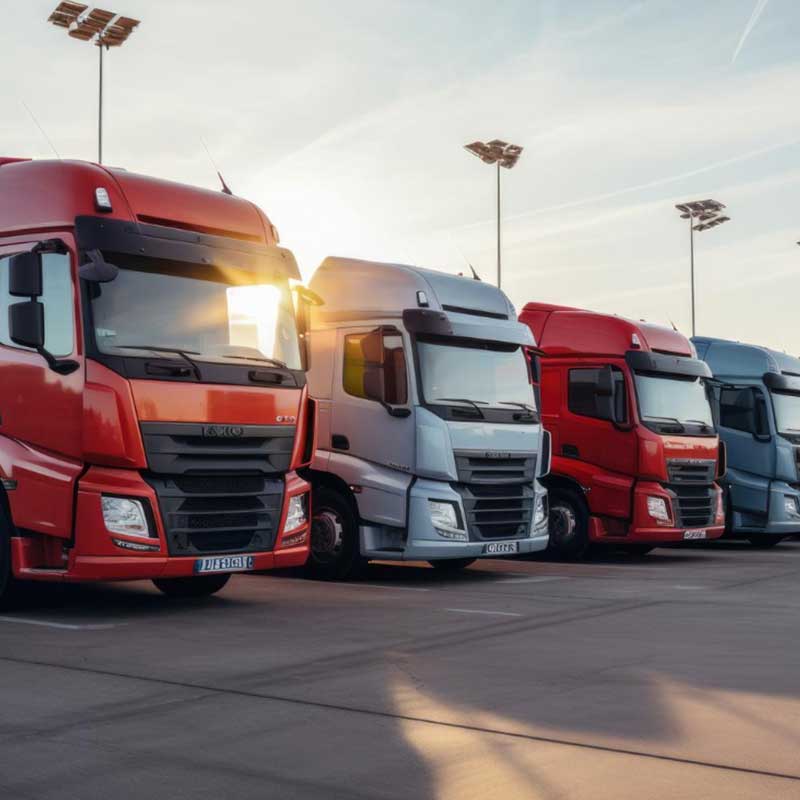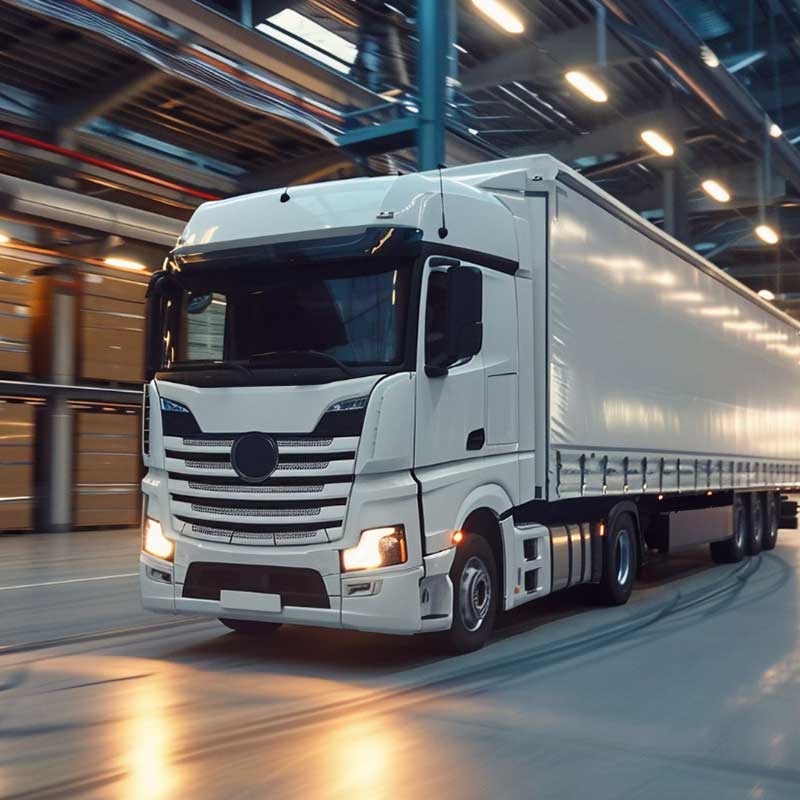How to Choose the Best GPS Tracker
GPS trackers are considered to be a cost-effective and reliable security element for car safety. In addition, the GPS tracker can be used for other purposes. One good example is its application in fleet management. Obtaining all the information about cargo movement on your device screen is magnificent.
Purchasing a GPS tracker would be slightly complicated if you have no idea about the device features and preferred application area. Let us break this into two sections, where we discuss device architecture and functionality to help you choose the right GPS tracking device.
Device Architecture
Here, we focus on understanding the design and exteriors of the device. Based on different applications, the design of the device plays an important role. For example, if you are looking for a GPS tracker to track your luggage, then you might want to look for something that has a battery and is a small, compact device. There are many products on the market with this specification that does not compromise the efficiency of the device. One such device is the PAJ Easy Finder 4G.
In the business sector, companies often prefer GPS trackers that are connected to the vehicle battery or the OBD port. One major reason for this is that you do not need to worry about a low battery on these devices.
Here are the different connection types of GPS Trackers that you should consider when purchasing
Connection Type
- Directly connected to the vehicle battery
- Inbuilt battery with GPS tracker
- Connection to the OBD port
The device design also changes based on the connection type. For example, devices with inbuilt batteries may have an additional SOS button that helps you to alert predefined (Also set by you !!) contacts upon emergencies.
Device functionality
Device functionality is closely related to your tracking goals. If you are looking for a tracker device to manage fleet operations, then you may need dashboards that inform you about fleet movement attributes. Average speed, overall stopping time between travel, and total distance covered during a time span.
In addition, the alerts from the tracker device also play an important role in selecting the right GPS tracker for your needs, other than the dashboards. You would need alerts such as speed alerts, driver recognition, and ignition alarm for protecting a family car from over speeding and unauthorized access.
Here are some popular GPS tracker alerts to familiarize yourself with. Alerts are sent to your mobile device or PC where you’re logged in to the Tracker app, which is provided along with the GPS tracker device. Here is an example demo account of a GPS tracking application where you can check the alert functions and overall APP features.
- Speed Alert: This GPS tracking application will notify you if the car exceeds a certain predefined speed limit set by you.
- Ignition Alert: Alerts when the car starts without your knowledge.
- Geo-fence: You will receive an alert when the vehicle leaves the predefined geographical area set by you.
- Live tracking: obtaining the live location of the asset on the map.
All of these alerts can be managed via the application provided.
Combining the device architecture and functionality according to your needs will help you choose the right GPS Tracker. In addition to all this information, a computer/mobile application with a simple user-friendly interface is also crucial. Please check the demo of the tracker application on both mobile devices and PC before purchase. The hardware and network features are also something you would not want to miss while choosing the right GPS tracker.
A tracker device with a superb network connection and the best built quality is the key to a long-lasting tracking experience. User data protection and highly responsive mobile applications make the product suitable for any application area.
Here is the final checklist for selecting the best GPS tracker device.
- Device architecture
- Device functionalities
- Simple and user-friendly online application.
- Strong device hardware and network coverage.
- Commitment to user data protection.
- Highly responsive web and mobile applications.
So that’s it. Enjoy reading our articles, and we will be releasing in-depth knowledge about GPS trackers for you to choose better and help you achieve your tracking goals. See ya!!









